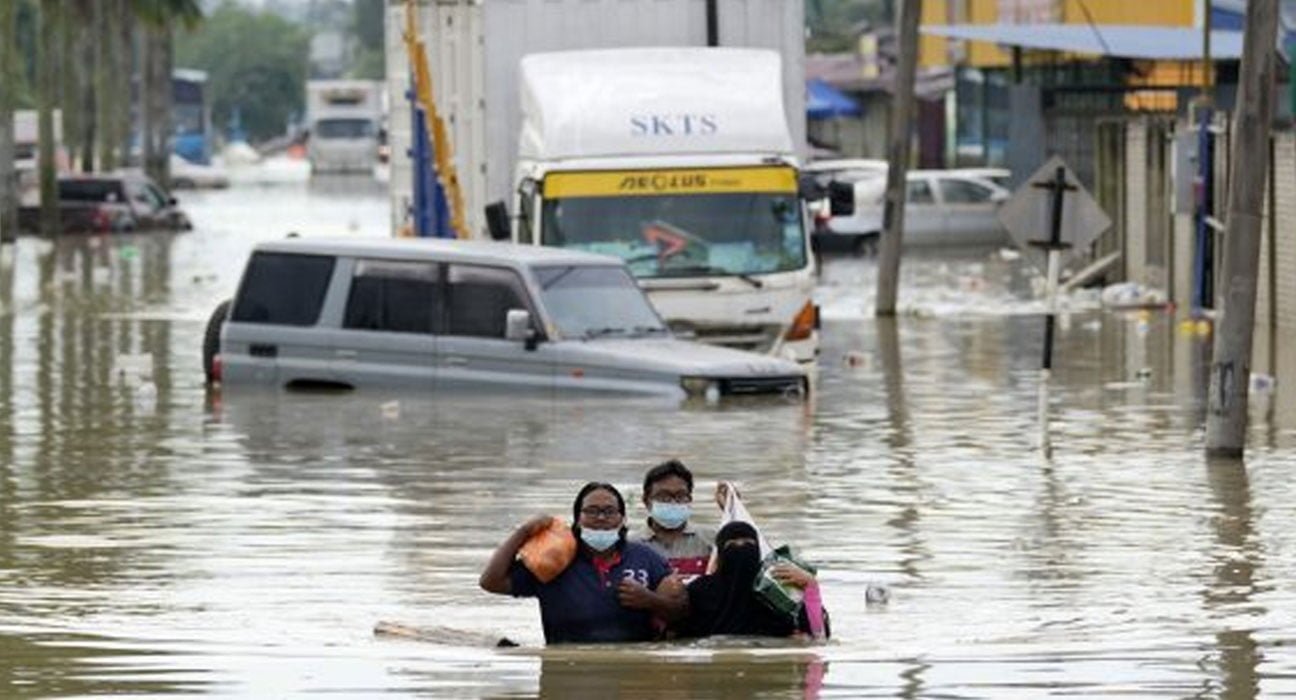The last few years for Malaysians have been demanding.
First with the Covid-19 pandemic, then the thrill ride of the 15th General Election along with its aftermath, nationwide floods, and the landslide in Batang Kali Pahang, which claimed 31 lives. In addition to, it is anticipated that the survivors would get proper clinical assistance, including continuous support. The tragedy also highlights how vital mental health intervention is to disaster response. In light of the ups and downs our society experienced in the previous year (2022), it is now important to begin treating the psychological scars we have sustained. This is especially important given that Malaysians encounter difficult financial obligations relating to their homes as well as high food prices.
Effects on Malaysia’s Economic
Highlights –
Precariousness in state regulatory social events triggered additional decisions in Malacca and Johor in 2021 and 2022. The emergency ended in an early broad political race in 2022, which created a hung parliament.
Malaysia was slammed by floods on Sunday, evacuating thousands of people, bringing the total number of people impacted by severe rain in the previous two weeks to over 125,000, according to the National Disaster Management Agency.
The landslide at Batang Kali, Pahang, which claimed 31 lives, is considered the worst landslide in Malaysia in 2022, as well as the second worst accident in Malaysian history following the fall of the Highland Towers in 1993. A landslide also occurred in Selangor, killing 48 people.
To enable Malaysia to develop as a society, mental health tied to economic adversity involves significant interventions for self-confidence, resilience, and community well-being.
Mental illness raises the chances of becoming impoverished.
On the other hand, Poverty increases people’s chances of developing mental health distress.
Policymakers often miss the reality that psychological distress has a direct influence on the development of an individual and the economy as well.
As a result, mental health should be emphasized in the development agenda.
While Covid-19-related mental health difficulties may no longer be considered debilitating, efforts must maintain to bring all stakeholders together to advance the mental health agenda in 2023 and beyond. There is no need to wait for another calamity to hit before discussing mental health again.
Mental health issues in the workplace cost Malaysia’s economy RM14.46 Billion in the year 2018.
Malaysia’s mental health funding is just about 1% of the overall health budget with no growth reflected in recent years.
Hopefully, the upcoming modified budget 2023 will make a larger allocation for mental health spending.
 Disposing of judgment and stigma
Disposing of judgment and stigma
In order to expand services, mental health planners and policymakers must design care delivery systems that are responsive to social, economic, and cultural settings through public awareness and community involvement. Since there are not enough specialists to meet the population’s massive mental health requirements, we must innovate in how we give treatment. Malaysia’s approach is to employ digital platforms to give an alternate method of mental healthcare delivery while simultaneously addressing long-standing barriers. Transportation constraints, the stigma associated with attending mental health facilities, clinician shortages, and extended waiting periods are examples of such barriers. Many individuals with mental illnesses, as also their families and carers, continue to face stigma and prejudice. Stigma does have an impact not just on an individual’s physical and mental health, but as well as their educational possibilities, wages, and career opportunities.
As a result, well-planned anti-stigma initiatives may be vital tools for combating prejudice and discrimination.
Workplace mental health should embrace more than just adequate psychological support and service availability.
It is also essential to improve rules to allow organizations to embrace nonjudgmental and inclusive workplace practices.
Such investments will increase productivity and employee loyalty.
Increasing oneness
Malaysia’s next Prime Minister may also wish to consider establishing a focal point in his ministry to aid in the nation-building healing and restoration process. The emphasis should be on boosting mental health awareness, eliminating the stigma associated with mental illness, and encouraging help-seeking behaviors, while also supporting social-emotional well-being practices.
Special emphasis should be placed on nation-building by opposing attempts to create division and hostility. Social media usage must be addressed by societal initiatives. The call of the day is to encourage unity and patriotism.
Strategies to empower youth, particularly from rural and underprivileged backgrounds, must focus on self-improvement, which will lead to their value-added engagement in national initiatives to bring collective benefit to all Malaysians.
Minimizing stress
However, in order to reduce stress, they must first identify the aspects of our job, home, and a social life that produce stress in the first place. Might begin by considering their initial thoughts and instead of agitated or negative thoughts, replace them with positive affirmations. Attention to political news floods senses with unpleasant information. Without uncertainty, we all want to be informed about what’s going on in our nation and across the world, but if the news stream gets too much, it’s preferable to look away or cut back on reading/watching.
New year, New resolutions
Malaysia suffered the agony of isolation and physical separation as a result of Covid-19, and it has had a terrible influence on their mental health. Maybe 2023 should be the year to reconnect with their family and friends, as well as establish recovery from the things they have lost.













Leave feedback about this